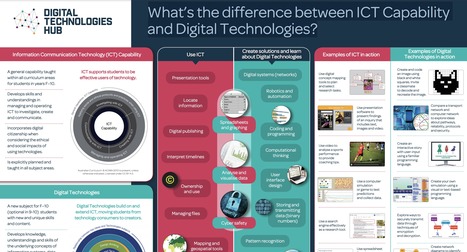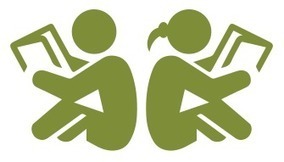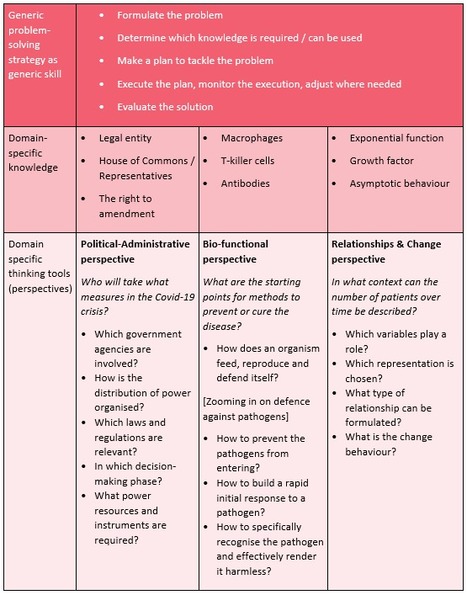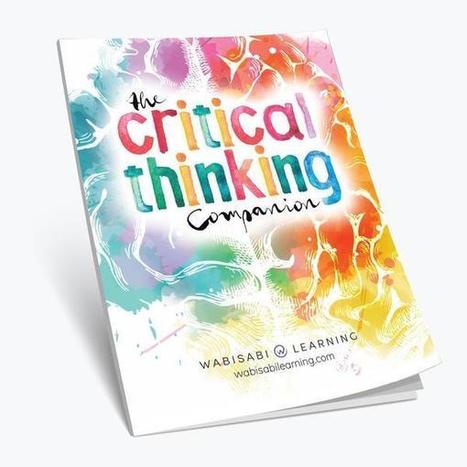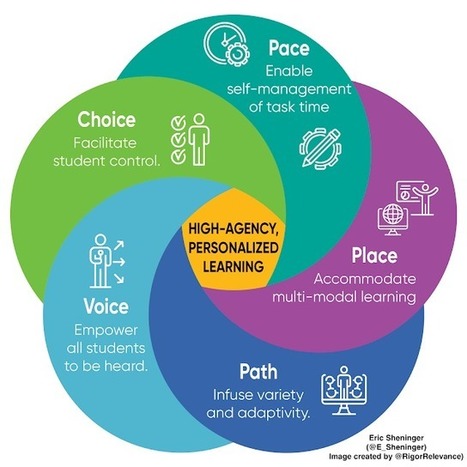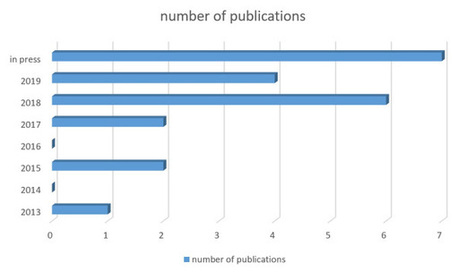Research and publish the best content.
Get Started for FREE
Sign up with Facebook Sign up with X
I don't have a Facebook or a X account
Already have an account: Login
 Your new post is loading... Your new post is loading...
 Your new post is loading... Your new post is loading...
Angélica Osorio Castillo's curator insight,
March 1, 2020 4:25 PM
As future teachers, it is necessary to recognize that technology is a fabulous tool if we learn how to use it correctly with our students. We can work together with technology when we assign to our students' homework that requires the use of computers or cellphones; however, to take advantage in full of technology, we will need to learn how to prepare and assign homework with applications that are very useful and dynamic. Technology has transformed almost every aspect of our lives, and we know that education needs an update. Going to class is essential for children so they can learn to socialize and work in groups, that is why we will need to prepare our classes in a different way than the traditional ones, so our students can enjoy going to classes instead of staying at home and learning online.

Susan Myburgh's comment,
March 1, 2020 9:25 PM
I agree completely. People who are barely functionally literate, who cannot read, write nor comprehend with any degree of sophistication; people who are too easily swayed by the media and politicians.
Altogether, a very dangerous state of affairs.
Kassandra Pena's curator insight,
October 4, 2022 2:56 PM
Such a powerful video opens your eyes to all the different teaching factors.
|

Dennis Swender's curator insight,
April 9, 2019 1:50 PM
In the end, alternative, multiple, and diverse perspectives win for all, not just the majority.at the "expense" of the few. |




